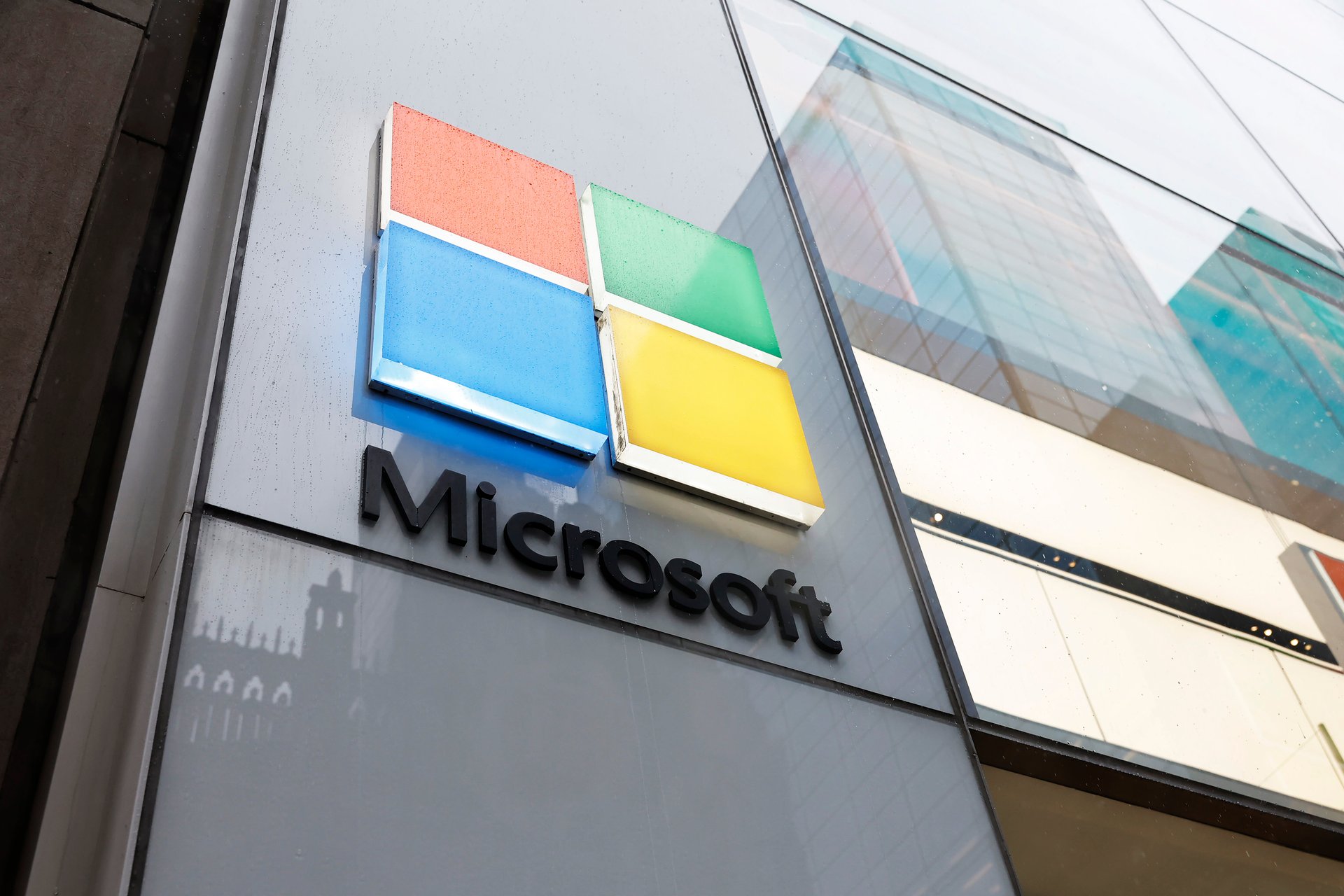The U.S. is worried about Microsoft's deal with a UAE-based AI firm
Microsoft invested $1.5 billion into United Arab Emirates-based Group 42 Holding (G42), and the partnership is raising national security concerns

Microsoft’s partnership with a United Arab Emirates-based artificial intelligence firm is reportedly at risk over U.S. national security concerns.
Suggested Reading
In April, Microsoft invested $1.5 billion in Abu Dhabi’s Group 42 Holding (G42) to bring its AI technology to the UAE and wider region, and in May, the two companies announced a $1 billion package of digital investments in Kenya, which included input from both the U.S. and Emirati governments.
Related Content
While supporters of the investment in Kenya see it as a way for the U.S. to expand influence in regions where China also operates, U.S. officials are concerned that the deal, which includes the Emirati government, could pose a risk to U.S. national security, according to Bloomberg. There is also concern over whether Microsoft and G42 will be able to get the technology they need for the deal.
Microsoft’s investment in G42 was reportedly in exchange for the firm agreeing to stop working with Chinese companies. However, officials at the Pentagon are worried that G42 won’t fully cut ties with China, Bloomberg reported, citing unnamed people familiar with the matter.
In January, G42 came under scrutiny by Rep. Mike Gallagher (R-Wis.), chairman of the House Select Committee on the Chinese Communist Party, who raised concerns over the firm’s connections to blacklisted Chinese firms, such as Huawei and Beijing Genomics Institute, China’s military, and its intelligence services.
Gallagher alleged G42 chief executive Peng Xiao “operates and is affiliated with an expansive network of UAE and PRC-based companies that develop dual-use technologies and materially support PRC military-civil fusion and human rights abuses.” G42 denied the allegations in Gallagher’s letter.
U.S. officials are also reportedly worried about Microsoft’s cybersecurity failures, which the company recently accepted responsibility for.
“We’re working closely with the National Security Council and Department of Commerce, and U.S. national security will continue to be a principal priority,” a Microsoft spokesperson told Bloomberg. Neither Microsoft, G42, nor the U.S. Commerce Department immediately responded to a request for comment.
Meanwhile, U.S. officials are reportedly looking to restrict advanced chip exports to countries in the Middle East, and have slowed down issuing licenses to Nvidia, Advanced Micro Devices (AMD), and other chipmakers for shipping large-scale AI accelerators to the region. U.S. officials are currently debating approving shipments of Nvidia’s H100 chips to the Middle East, Bloomberg reported.